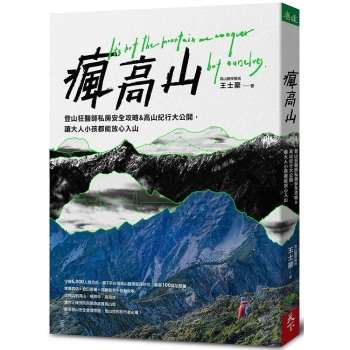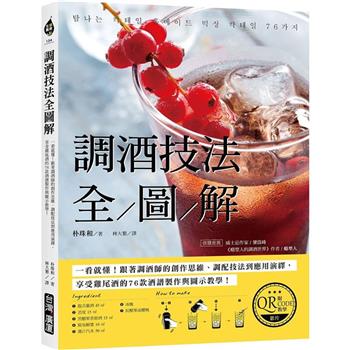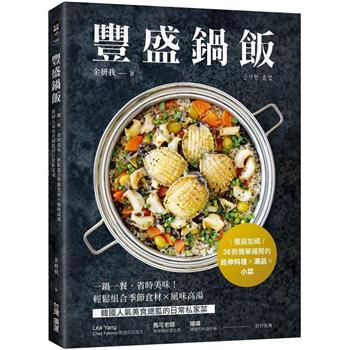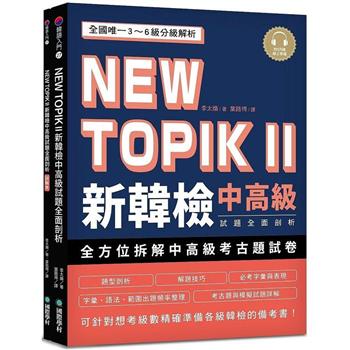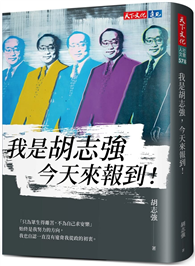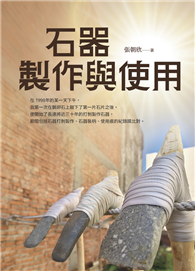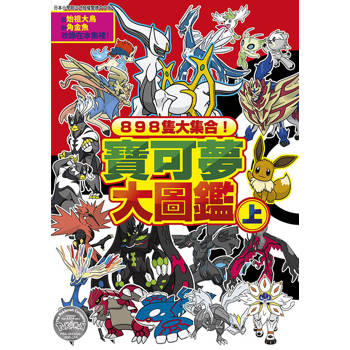The gap that divides those of us born in the 1970s and the older generation has never been so wide. Dark and edgy, deliciously naughty, an intoxicating cocktail of sex and the search for love, Shanghai Baby has already risen to cult status in mainland China. The risque contents of the breakthrough novel by hip new author Wei Hui have so alarmed Beijing authorities that thousands of copies have been confiscated and burned. As explicit as Henry Miller’s Tropic of Cancer, as shocking as Trainspotting, this story of a beautiful writer and her erotically charged affairs jumps, howls, and hits the ground running as it depicts the new generation rising in the East. Set in the centuries-old port city of Shanghai, the novel follows the days, and nights, of the irrepressibly carnal Coco, who waits tables in a café when she meets her first lover, a sensitive Chinese artist. Defying her parents, Coco moves in with her boyfriend and enters a frenzied, orgasmic world of drugs and hedonism. But, helpless to stop her gentle lover’s descent into addiction, Coco becomes attracted to a boisterous Westerner, a rich German businessman with a penchant for S/M and seduction. Now, with an entourage of friends ranging from a streetwise madame to a rebellious filmmaker, Coco’s forays into in the territory of love and lust cross the borders between two cultures -- awakening her guilt and fears of discovery, yet stimulating her emerging sexual self. Searing a blistering image into the reader’s imagination, Shanghai Baby provides an alternative travelogue into the back streets of a city and the hard-core escapades of today’s liberated youth. Wei Hui’s provocative portrayal of men, women, and cultural transition is an astonishing and brave exposure of the unacknowledged new China, breaking through official rhetoric to show the inroads of the West and a people determined to burst free.
| FindBook |
有 1 項符合
Shanghai Baby的圖書 |
 |
Shanghai Baby 作者:Zhou Wei Hui/Humes 出版社:Washington Square Press 出版日期:2002-08-01 語言:英文 規格:平裝 / 272頁 / 21.3 x 13.7 x 1.8 cm / 普通級 |
| 圖書館借閱 |
| 國家圖書館 | 全國圖書書目資訊網 | 國立公共資訊圖書館 | 電子書服務平台 | MetaCat 跨館整合查詢 |
| 臺北市立圖書館 | 新北市立圖書館 | 基隆市公共圖書館 | 桃園市立圖書館 | 新竹縣公共圖書館 |
| 苗栗縣立圖書館 | 臺中市立圖書館 | 彰化縣公共圖書館 | 南投縣文化局 | 雲林縣公共圖書館 |
| 嘉義縣圖書館 | 臺南市立圖書館 | 高雄市立圖書館 | 屏東縣公共圖書館 | 宜蘭縣公共圖書館 |
| 花蓮縣文化局 | 臺東縣文化處 |
|
|
圖書介紹 - 資料來源:博客來 評分:
圖書名稱:Shanghai Baby
內容簡介
作者簡介
Wei Hui, daughter of a Chinese army officer, studied literature at Shanghai’s prestigious Fudan University. She is the author of The Shriek of the Butterfly, Virgin in the Water, Crazy Like Wei Hui, and Desire Pistol.Shanghai Baby is her first full-length novel, as well as her first writing to be published in English. She lives in Shanghai.
|
